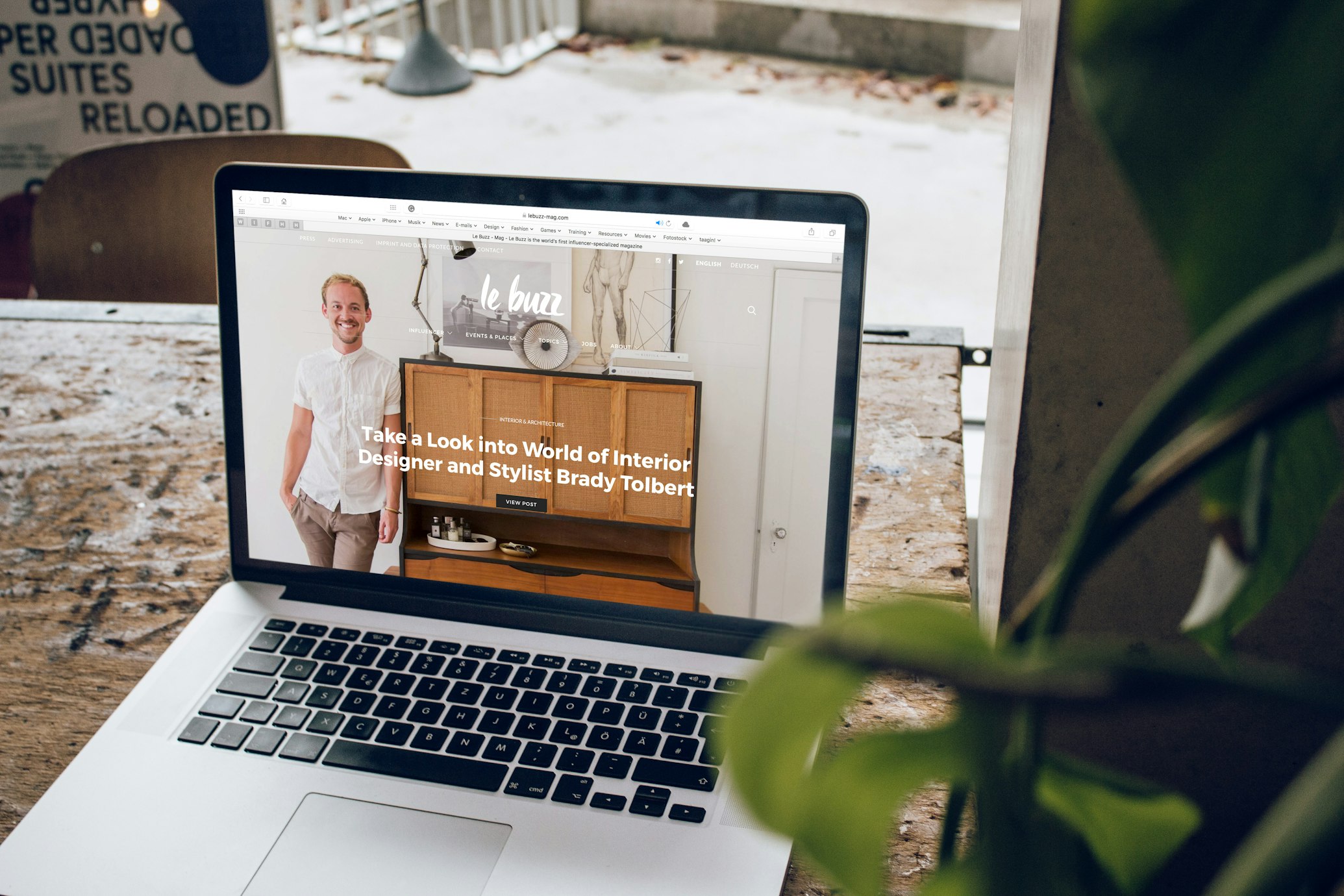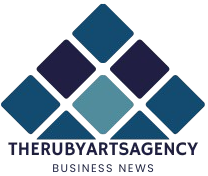
Finding unique ways to stand out can make all the difference when applying for a job. One underutilized strategy is adding your blog to your resume. This approach not only showcases your writing skills but also highlights your expertise and personal brand in a dynamic way.
Modern employers are always looking for candidates who demonstrate creativity and initiative. When you integrate your blog into modern cv templates, you show recruiters that you’re tech-savvy, engaged with your field, and passionate about your work. But how exactly does this benefit you during your job search? Let’s delve into the reasons why adding your blog might be the game-changer you need.
Strengthening your personal brand
Your personal brand is a collection of characteristics and qualities that define how others perceive you professionally. A well-maintained blog serves as a powerful personal branding tool, allowing you to present your unique voice, values, and expertise.
This online presence helps potential employers understand who you are beyond the bullet points on a resume. Sharing insights and thoughts on industry trends positions you as a thought leader and someone committed to continuous learning—a valuable trait in any candidate.
Building recruiter engagement
When a recruiter sees that you have an active blog, it instantly makes you more memorable to the company. It’s one thing to list “excellent written communication skills” on your resume; it’s another to provide a direct link to a repository of your published work.
This direct evidence not only engages recruiters but also gives them a deeper sense of your personality and analytical abilities. The personalized touch of a blog can sometimes be the catalyst that moves your application from the “maybe” pile to the “definitely” pile.
Showcasing your skills development
Every blog post represents a blend of research, writing, and critical thinking—key competencies across many professions. By integrating a blog into your resume, you provide concrete, accessible examples of your expertise and dedication to skill enhancement.
If your blog content is relevant to the job you’re applying for, it serves as a practical demonstration of your capabilities. For instance, if you’re pursuing a career in digital marketing, a blog focusing on SEO strategies or social media analytics could significantly bolster your candidacy.
Demonstrating industry relevance
An up-to-date blog frequently touches on current issues, methodologies, and technological advancements within your field. This demonstrates to prospective employers that you’re actively involved and informed about what’s happening in the industry.
Keeping your content fresh and insightful indicates that you are not just a follower but a contributor to ongoing conversations in your sector. Recruiters appreciate individuals who stay updated and bring new knowledge to their roles.
Creating a professional showcase
Your blog acts as a comprehensive portfolio of your talents—a professional showcase easily shared with hiring managers. Unlike static documents, blogs can continuously evolve, reflecting your growth and newly acquired skills over time.
Regularly updated posts demonstrate commitment and consistency, two qualities highly valued by employers. They can browse through your articles to verify your qualifications, giving them a holistic view of your professional journey.
Offering a creative outlet
A blog offers a unique space for creative expression, setting you apart from other candidates with standard resumes. Writing about topics you’re passionate about can highlight your ingenuity and originality, traits beneficial in fields like marketing, design, and content creation.
This creative outlet provides an opportunity to experiment with different writing styles and multimedia elements, showcasing your versatility. Creative professionals often find that a well-curated blog speaks volumes about their imagination and innovation potential.
Enhancing resume clarity and depth
Incorporating a blog into your resume adds additional layers of information without cluttering the document itself. A simple URL linking directly to your blog allows recruiters to explore further at their convenience, maintaining the clean and concise structure of your CV.
This integration also subtly emphasizes your proactive nature. It shows you go above and beyond typical resume conventions to present yourself comprehensively. It’s a smart move for those looking to make an impactful impression while keeping their application focused.
Standing out with the blog as a resume component
The very decision to include a blog in your resume sets you apart. Many candidates rely solely on traditional methods. Introducing something different demonstrates confidence and readiness to leverage modern job search tools.
This approach can be particularly advantageous in tech-driven industries where online portfolios and digital footprints matter. It signals to employers that you understand the importance of a robust online presence.
Practical tips for integrating your blog into your resume
- Ensure Relevance: Make sure the blog content aligns with the job you’re applying for. Irrelevant posts may distract rather than enhance.
- Optimize Visibility: Place the blog link prominently on your resume, preferably near sections highlighting your skills and experience.
- Highlight Key Posts: If certain blog entries demonstrate critical skills or achievements, mention these specifically in your cover letter or interview.
To maximize impact, customize this section depending on the role. You can categorize your posts or create dedicated pages that spotlight your most relevant work.
Addressing potential concerns
Some candidates worry that adding a blog might seem unprofessional or irrelevant. To counter these worries, ensure your blog maintains a polished tone appropriate for your industry.
Consistently proofread your posts for grammar and clarity. Stick to themes related to your career, even if occasionally infusing personal anecdotes to keep the tone engaging and relatable.
Navigating potential pitfalls
While including a blog can be highly advantageous, avoiding common pitfalls is crucial. Ensure all content is carefully vetted and free from controversial opinions that could alienate potential employers. Consider how each post reflects on your professional persona.
It’s wise to maintain privacy settings on any overly personal content, making sure what remains public projects an image you’d want employers to see. This balance ensures that your blog reinforces rather than detracts from your resume.
Final considerations
Before sending out your resume with a blog linked, conduct a thorough review. Ask trusted peers or mentors for feedback on whether your blog effectively enhances your professional story.
This extra step ensures you’re putting your best foot forward, presenting a cohesive and compelling narrative that resonates with your target employers. With careful planning and thoughtful presentation, your blog can undeniably become an impressive addition to your resume.
